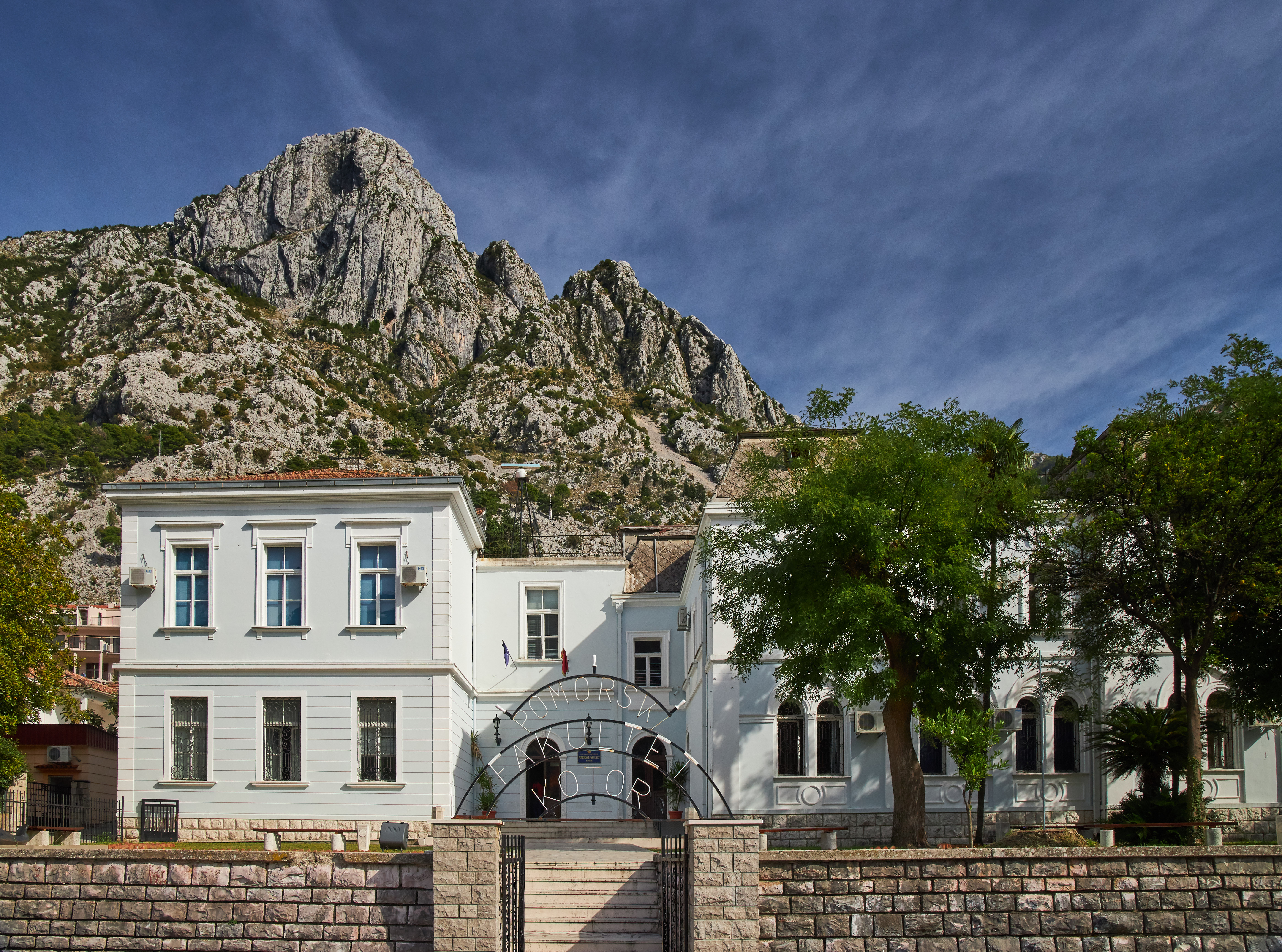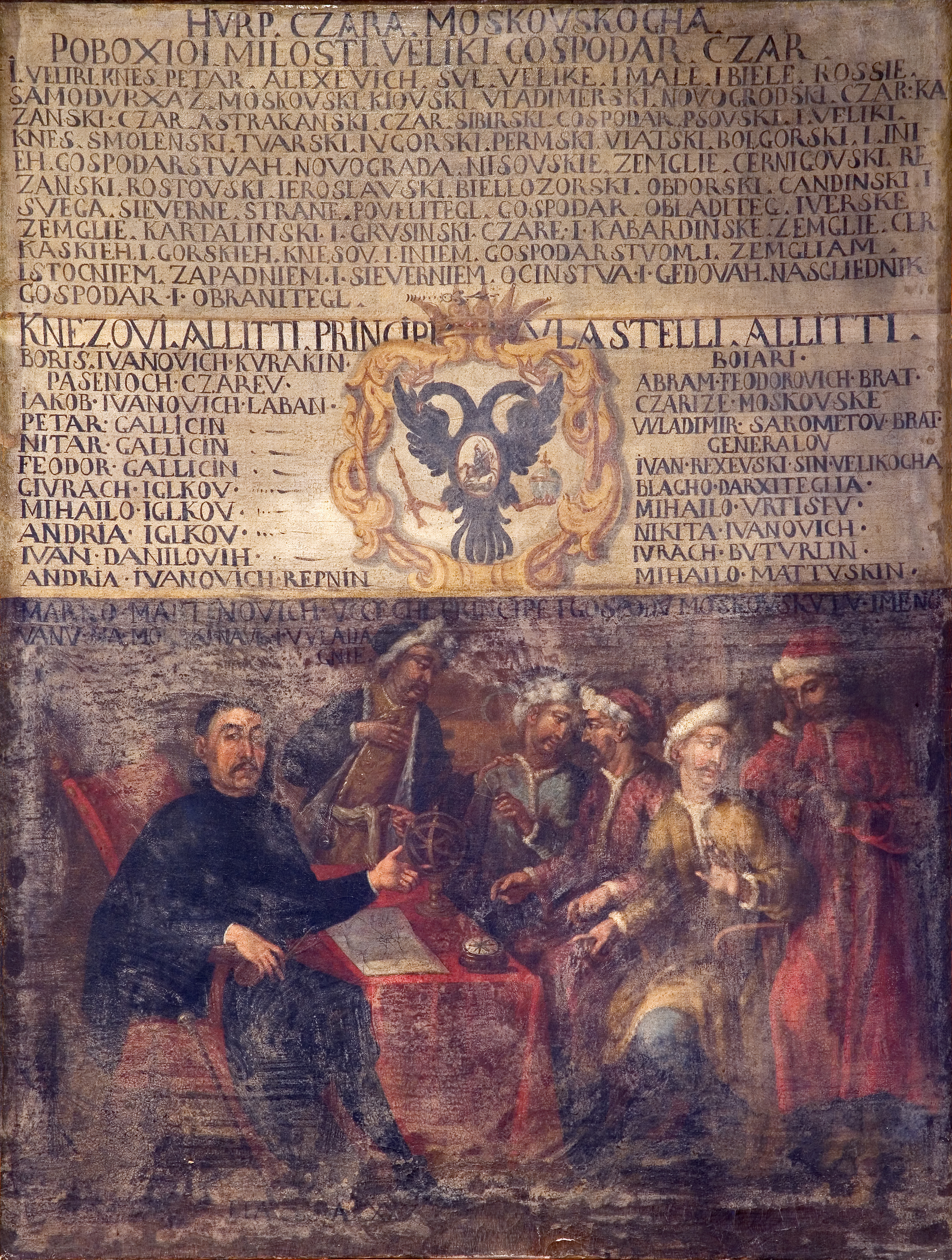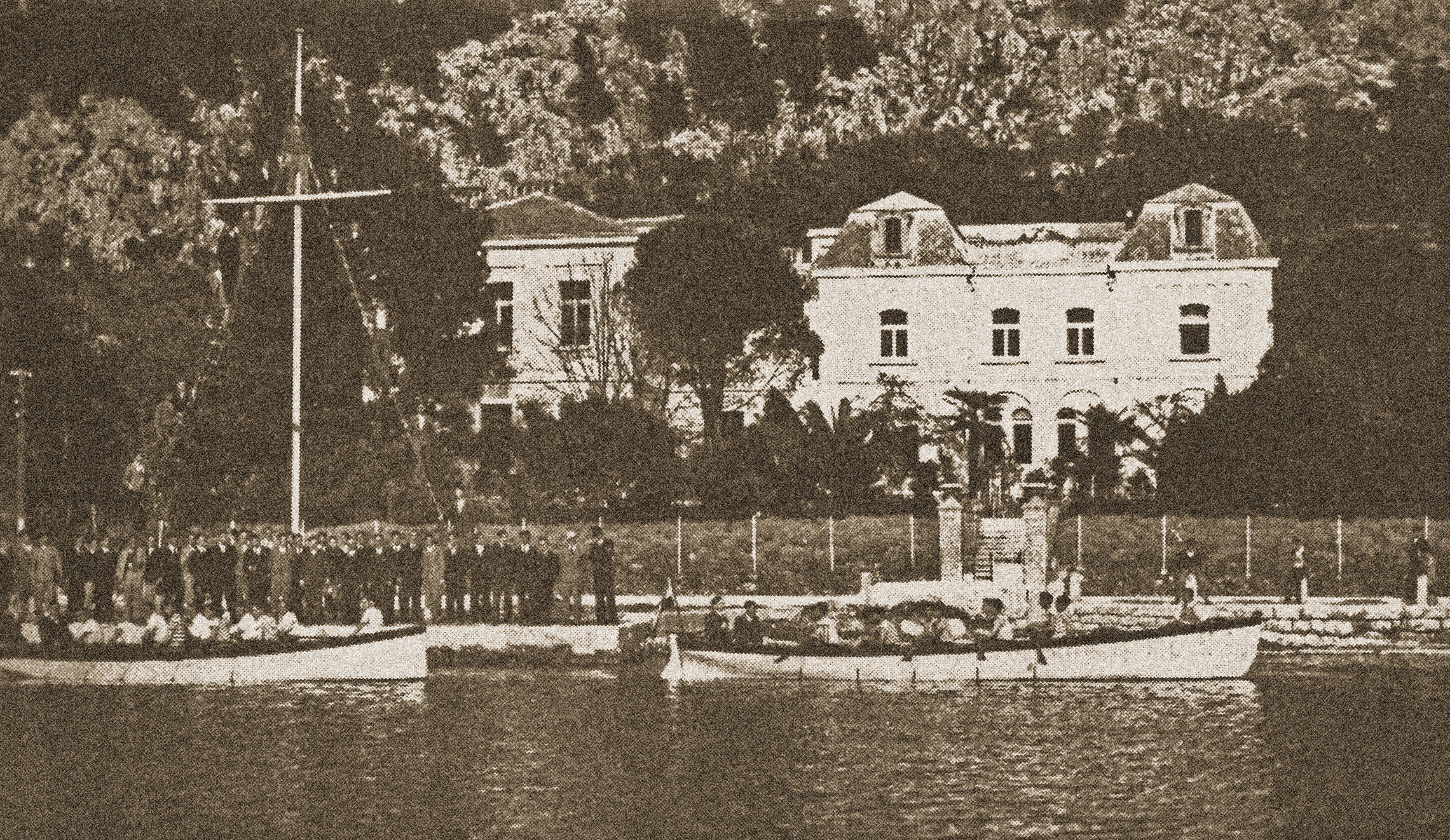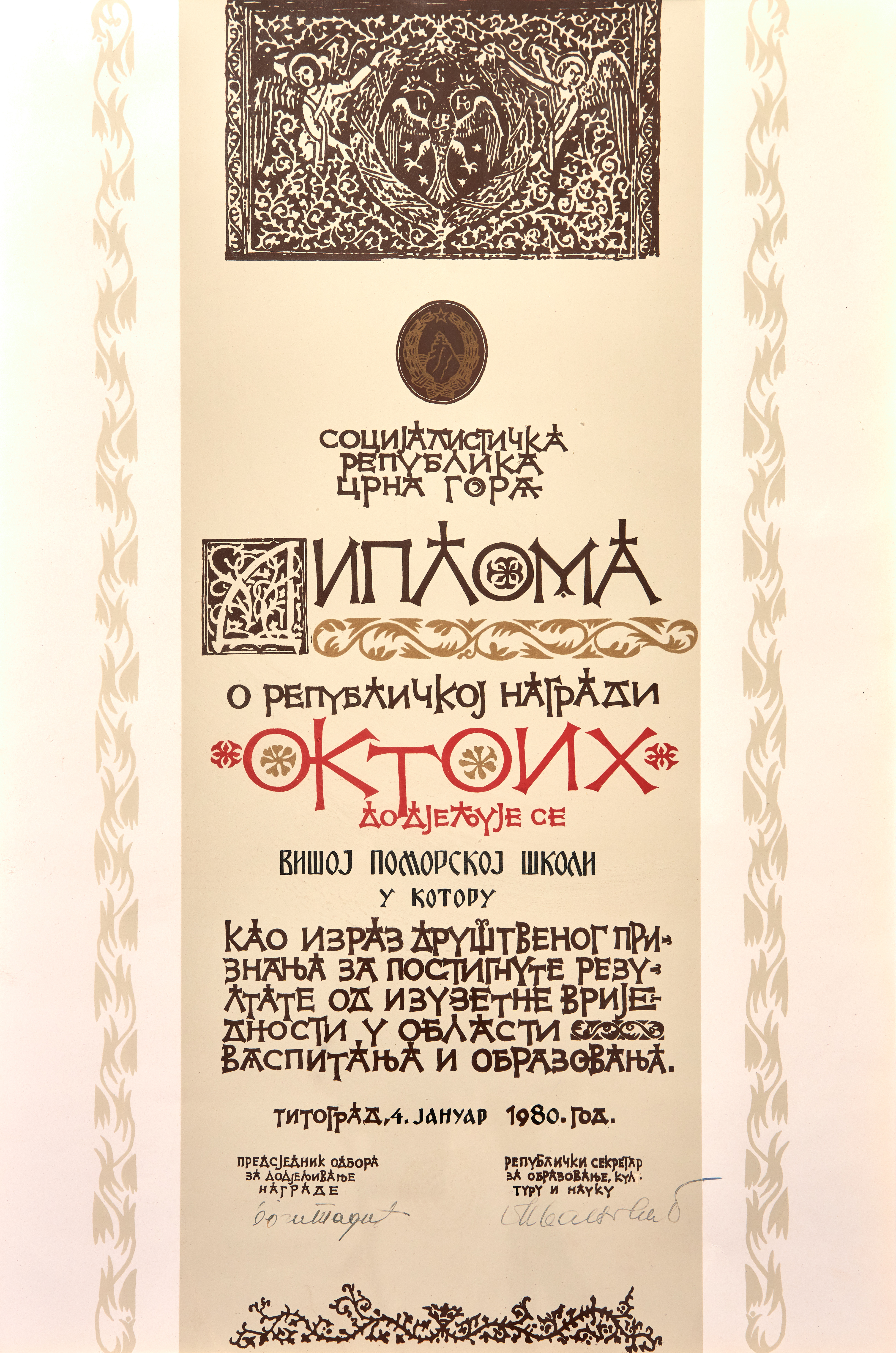The Development of the Faculty of Maritime Studies Kotor
 Due to its unique natural beauty, unusual terrain, which the sea carves into so deeply and magnificently, forming an almost impossible bay, with the calm blue waters which reflect the sunny hills and mountains, Boka Bay is one of the most beautiful bays of the world, admired by everyone who sees it and drawing them back again and again.
Due to its unique natural beauty, unusual terrain, which the sea carves into so deeply and magnificently, forming an almost impossible bay, with the calm blue waters which reflect the sunny hills and mountains, Boka Bay is one of the most beautiful bays of the world, admired by everyone who sees it and drawing them back again and again.
Boka Bay has been a seafaring area since ancient times. Almost every house on the Boka had at least one seafaring family member. Working on sailing ships at that time was not an easy way to provide for your family, while also surviving the frequent sea battles and disasters at sea. Our ancestors still managed to defeat their enemies, sustain their national identity and preserve their Boka. In this way, the spirit and beliefs, as well as a love for seafaring, has been transferred from generation to generation up to the modern day.
In ancient times, seafaring knowledge was gained exclusively onboard ships, but it was soon realized that seafaring skills and working on board required more than mere practical work and that a more thorough and comprehensive knowledge was necessary, which brought about the emergence of education in seafaring.
 The first forms of seafaring education were provided by private schools. The first private maritime school was established in Perast in 1512 and can be considered one of the oldest maritime schools in the Adriatic. In the period between the 16th and 19th centuries, in addition to the Perast school, maritime schools were also set up in Prčanj, Kotor and Herceg Novi. The most famous was the one managed by the prominent captain Marko Martinović in 1697-1698 and attended by the cadets of the Russian emperor, Peter the Great.
The first forms of seafaring education were provided by private schools. The first private maritime school was established in Perast in 1512 and can be considered one of the oldest maritime schools in the Adriatic. In the period between the 16th and 19th centuries, in addition to the Perast school, maritime schools were also set up in Prčanj, Kotor and Herceg Novi. The most famous was the one managed by the prominent captain Marko Martinović in 1697-1698 and attended by the cadets of the Russian emperor, Peter the Great.
The first public maritime school was established in Kotor in 1849 and named The Nautical School, where classes were held in Italian and which was the progenitor of today’s Maritime High School of Kotor.
The Maritime College was founded on 19th November 1959 in the very modest premises of today’s Maritime High School. The College started with two departments, Nautical and Marine Engineering, and a year later introduced a Maritime-Economy Department. Six years after its establishment, two additional departments were opened: the Radio-Telegraph and Tourism Departments. The year of 1972 was significant for the Maritime College, since the College then moved into its own building, in which it is still situated today, on the road running along the coast in Dobrota.
Following the need to organize scientific and research work in shipping and tourism, in 1979, the Institute for Shipping and Tourism was established for the purpose of organizing scientific conferences, seminars and round table discussions dedicated to maritime affairs and tourism in Montenegro.
 The needs of the Montenegrin maritime economy at the time dictated the reorganization of the Maritime College into the Faculty of Maritime Studies, which was officially created in 1982 by the establishment of the Organization-Exploitation Department. Later on, in 1988, the Department of Port Transportation was opened in Bar. This provided for the education of management level personnel for shipping companies, ports, maritime agencies, logistics offices and so on, as well as of those qualified to take part in scientific and research work in the field of the shipping industry. In 1999/2000, two additional Departments offering four-year courses were opened: the Maritime-Nautical and Marine Engineering Departments, while the two-year course offered by the Department of Marine Telecommunications and Automatics was transformed into the Department of Marine Electrical Engineering. In the same year, the Faculty began to offer postgraduate studies, and the first candidates defended their Master’s and Doctoral theses in Maritime Sciences.
The needs of the Montenegrin maritime economy at the time dictated the reorganization of the Maritime College into the Faculty of Maritime Studies, which was officially created in 1982 by the establishment of the Organization-Exploitation Department. Later on, in 1988, the Department of Port Transportation was opened in Bar. This provided for the education of management level personnel for shipping companies, ports, maritime agencies, logistics offices and so on, as well as of those qualified to take part in scientific and research work in the field of the shipping industry. In 1999/2000, two additional Departments offering four-year courses were opened: the Maritime-Nautical and Marine Engineering Departments, while the two-year course offered by the Department of Marine Telecommunications and Automatics was transformed into the Department of Marine Electrical Engineering. In the same year, the Faculty began to offer postgraduate studies, and the first candidates defended their Master’s and Doctoral theses in Maritime Sciences.
This prominent tertiary educational unit is now a part of the University of Montenegro, the oldest and most significant university institution in the country. The University comprises nineteen faculties and three scientific-research institutes. The Faculty of Maritime Studies, being the Maritime College at the time, became a part of the University as soon as the University was established in 1974.
 The contribution of this Faculty to the educational process in Montenegro was confirmed in 1980 when the Maritime College was awarded the highest national award in the field – the “Oktoih” award, while in 2015 it also received the prestigious “21st November” award from the Municipality of Kotor.
The contribution of this Faculty to the educational process in Montenegro was confirmed in 1980 when the Maritime College was awarded the highest national award in the field – the “Oktoih” award, while in 2015 it also received the prestigious “21st November” award from the Municipality of Kotor.
Pursuant to the Law on Higher Education, based upon the principles of the Bologna Declaration, the Faculty of Maritime Studies has been adjusting to this new study regime thus, in 2004/2005 the first year of students taught according to the Bologna system was enrolled.
During the process of implementing the Bologna system, classes were also held away from the Faculty seat, including in Budva (2005-2011) for the academic study programme of Maritime Management , as well as in Cetinje (2011-2014) for the same programme, and in Bar for the applied programmes of Nautical Studies and Marine Engineering (2012-2014). In 2014, the specialist study programme of Marine Polytechnics was also founded.
Today, the Faculty of Maritime Studies Kotor is a contemporary and modern educational institution, having the full functional capacity to meet all the standards of modern university-level education. It has nine classrooms and an amphitheatre which can accommodate six hundred, two computer rooms, three well-equipped laboratories for practical exercises, as well as marine simulators of latest generation provided by leading producers such as Transas, OSC, Rolls Royce, Kongsberg and Unitest.
The students of the Faculty of Maritime Studies Kotor are provided with an additional and contemporary form of education – distance learning, through the Moodle platform.
For the purpose of reaching international standards in the education and training of seafarers, in 1999, the Faculty of Maritime Studies Kotor introduced a documented quality system, ISO 9001-2000. Over recent decades, the Faculty has been continuously improving its quality standards, which used to be under the supervision of Lloyd’s Register and are now audited by Bureau Veritas. As of 2017, the Faculty has held a certificate issued by the Croatian Register of Shipping, as a confirmation that the study programmes of Marine Engineering, Nautical Studies and Transportation and Marine Electrical Engineering fulfil the latest requirements of the STCW Convention.
By the Decision of the Higher Education Council no. 05-1-32/2017 of 12th May, 2017, new academic Undergraduate programmes were accredited as harmonized with the latest international trends. In the same year, academic Masters and Doctoral study programmes were also accredited. This provided our numerous local and foreign students with the opportunity to gain their maritime knowledge and skills at the Faculty through a comprehensive study programme of Undergraduate, Masters and Doctoral studies, using the 3 + 2 + 3 system.
Our socially responsible Code of Conduct is an integral part of the Faculty’s business strategy, reflected both in relations with students and staff, as well as with society and the environment. This aspect of our mission is evident in the constant drive for new values in educational, technical and research areas and through our support to various social activities, especially humanitarian ones. The Faculty of Maritime Studies has been a member of the Blood Donors Club of the Municipal Organization of the Red Cross in Kotor since 1979. In addition to traditional blood donation activities, organized yearly at the Faculty and responded to by a significant number of students and employees, there are also numerous other humanitarian events organized in cooperation with the Students’ Organization. We undertake activities of reforestation, support sports associations and schools and participate in cultural events in Kotor, organizing exhibitions, publications and other events.
The Faculty of Maritime Studies Kotor has its own trade union, which primarily aims to bring together staff, offer protection to them and promote the economic and social welfare of Faculty employees. Activities include the organization of various excursions and trips, mutual celebrations, the provision of financial assistance to employees in specific circumstances and similar activities which are to the benefit of those who work with us.

